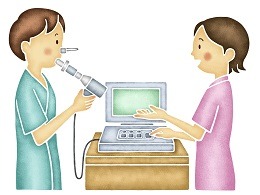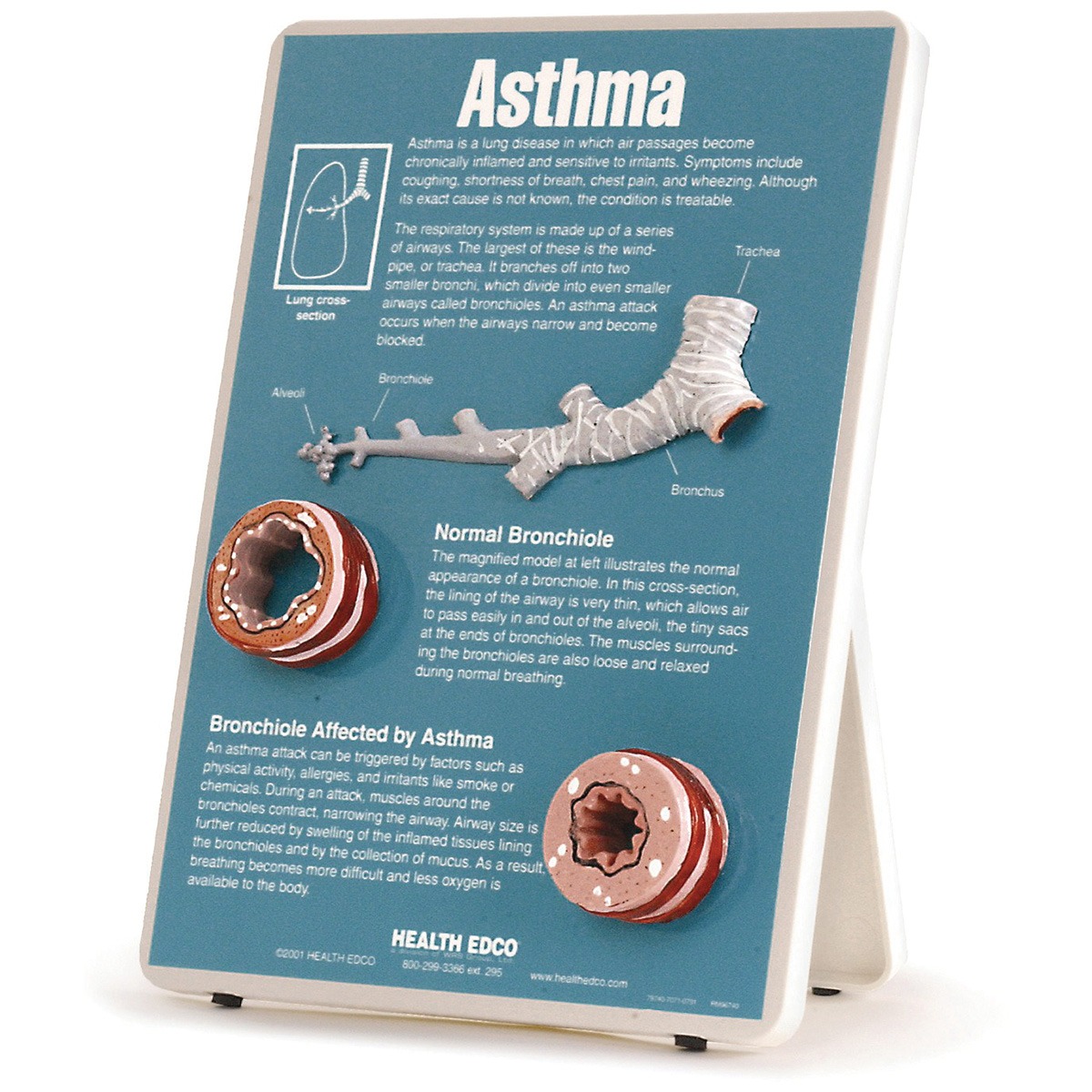WHAT IS ASTHMA?
Asthma is a chronic lung disease in which the lining of the airways become inflamed and swollen and muscle spasms restrict the flow of air to the lungs. It is a relatively common condition and the incidence of the disease has grown in recent years. Currently, it is estimated that 12 million Americans – including more than four million children – have asthma.



With proper diagnosis and treatment by an asthma specialist, most people with asthma can pursue normal vigorous lifestyles and expect to:
Sleep through the night without disruptive coughing episodes, and awaken with a clear chest.
Avoid acute asthma “attacks” and eliminate the need for emergency room visits or hospitalization.
Prevent missed workdays or school from miserable symptoms like coughing or shortness of breath.
Lead a full life with normal physical activity.
Enjoy hiking, skiing, floating, and all the joys of Montana.
WHAT CAUSES ASTHMA?
Although the exact cause of asthma is still being studied, it is known to be a combination of inflammation of the lung combined with narrowing of the lung passages activated by the body’s immune system. There are a number of factors that are known to trigger an asthma episode including:
- Pollen
- Dust
- Mold
- Feathers
- Animal Dander
- Viral Infection
- Simple colds can cause severe asthma exacerbation.
- Exercise
- Emotional Stress
- Weather Conditions
- Other Environmental Exposures
- Smoke from cigarettes, fireplaces, wood-burning stoves, or forest fires
- Chemical fumes in the home or workplace
- Perfumes or other strong smells
WHAT ARE COMMON ASTHMA SYMPTOMS?
If you experience difficulty breathing, a tight feeling in the chest, coughing, and wheezing, you may suffer from asthma. Sometimes a chronic cough is the only symptom, and many of these cases go un-diagnosed. The symptoms of asthma are most frequently noted at night and in the morning, but an asthma episode can happen at any time. Symptoms can range from mild discomfort to life-threatening attacks which require immediate emergency treatment.
WHAT CAN I EXPECT FROM TREATMENT?
First, our asthma specialist will determine the severity of your asthma through breathing tests (spirometry or “PFT”), and will possibly recommend allergy testing to see if allergens are causing your asthma to become worse. All of our testing and treatment is based on scientifically proven research. After testing, the doctor will work with you to develop a plan tailored to your individual symptoms.
The doctor may prescribe medications to keep your asthma under control or alleviate acute symptoms. We will have you attend an asthma education session with our certified asthma educator. This will allow you to become more informed and involved in your own treatment. This essential part of our evaluation has definitively reduced urgent medical center and emergency room visits for our patients. Our goal is to prevent asthma attacks before they start.
WHO DEVELOPS ASTHMA?
Asthma can affect anyone, regardless of age, gender, race or socioeconomic factors. While it is true that asthma develops more commonly in children, they can occur for the first time at any age or, in some cases, recur after many years of remission. Although the exact genetic factors are not yet understood, and asthma can run in families. Factors such as hormones, stress, or other environmental irritants may also play a role.

